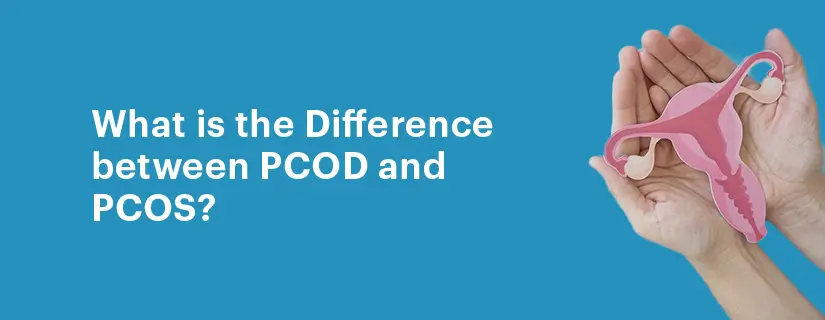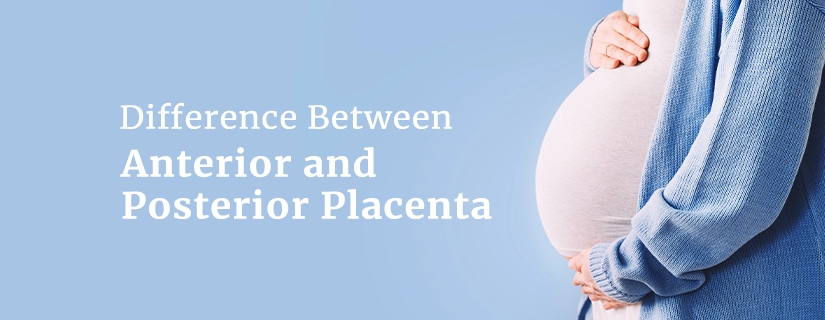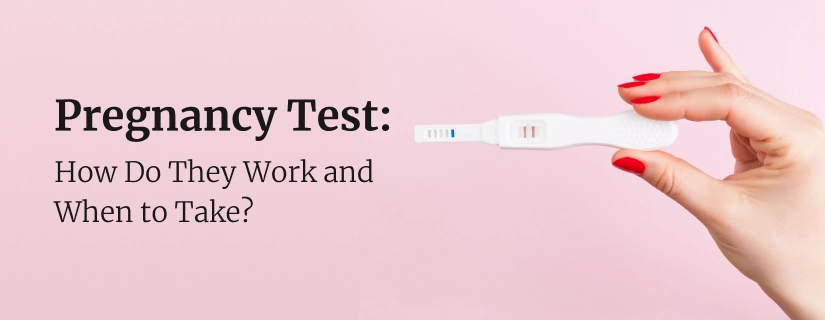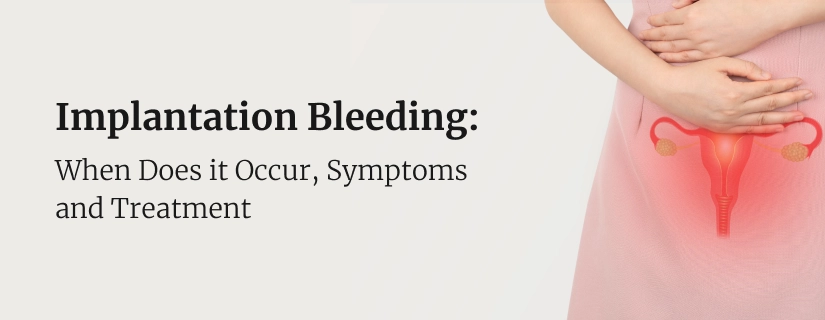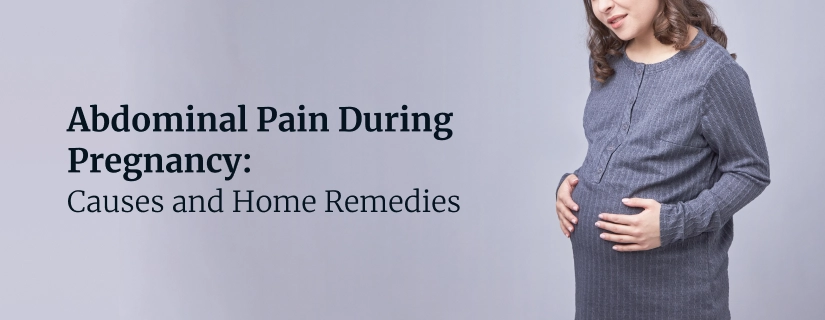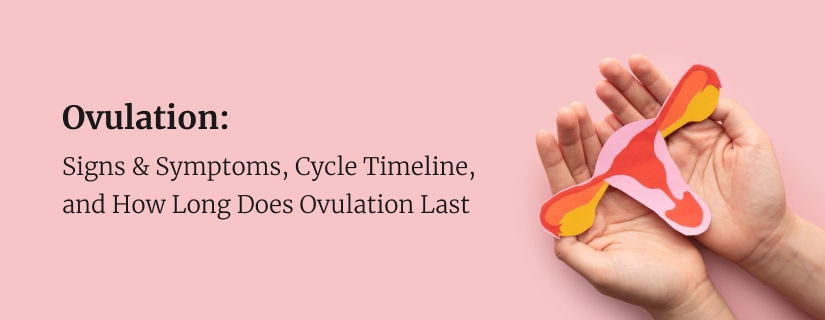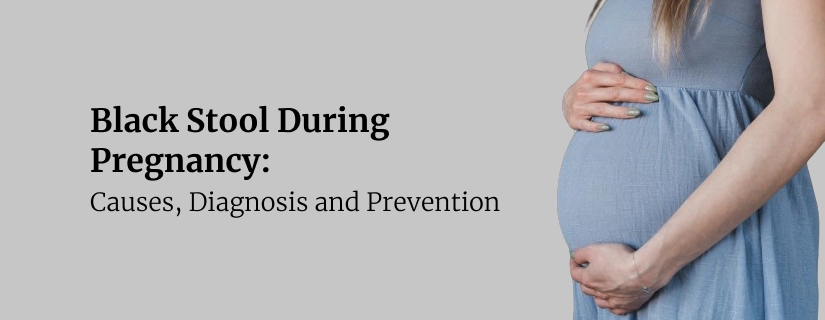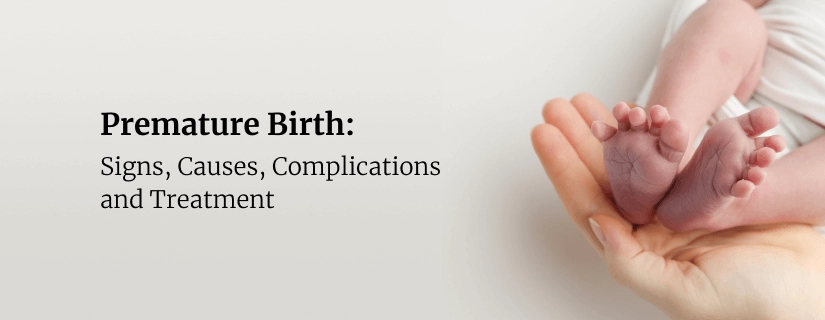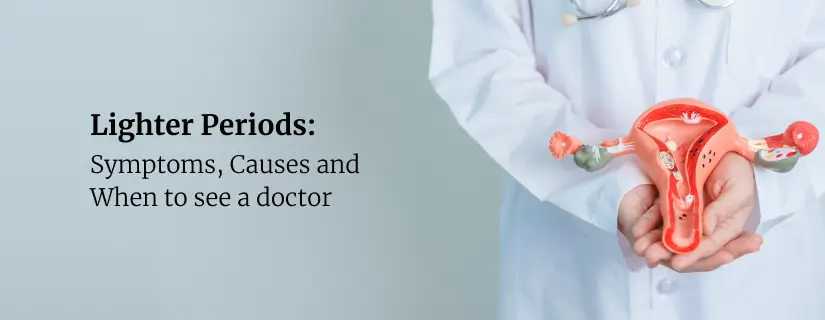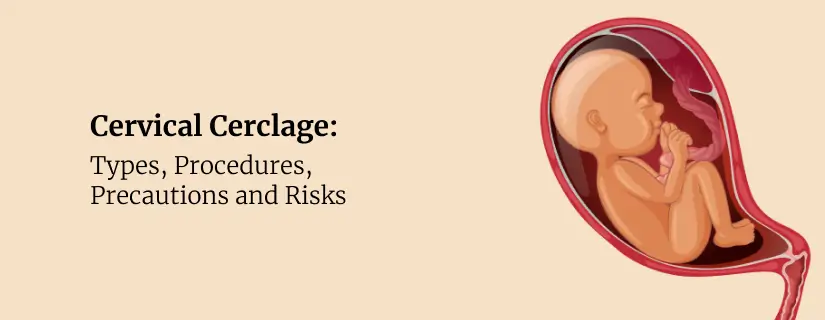-
Doctors
-
Specialities & Treatments
Centre of Excellence
Specialties
Treatments and Procedures
Hospitals & Directions HyderabadCARE Hospitals, Banjara Hills CARE Outpatient Centre, Banjara Hills CARE Hospitals, HITEC City CARE Hospitals, Nampally Gurunanak CARE Hospitals, Musheerabad CARE Hospitals Outpatient Centre, HITEC City CARE Hospitals, Malakpet
HyderabadCARE Hospitals, Banjara Hills CARE Outpatient Centre, Banjara Hills CARE Hospitals, HITEC City CARE Hospitals, Nampally Gurunanak CARE Hospitals, Musheerabad CARE Hospitals Outpatient Centre, HITEC City CARE Hospitals, Malakpet Raipur
Raipur
 Bhubaneswar
Bhubaneswar Visakhapatnam
Visakhapatnam
 Nagpur
Nagpur
 Indore
Indore
 Chh. Sambhajinagar
Chh. SambhajinagarClinics & Medical Centers
Book an AppointmentContact Us
Online Lab Reports
Book an Appointment
Consult Super-Specialist Doctors at CARE Hospitals
Anterior Placenta: Symptoms, Causes, Risks and Treatment
Updated on 26 July 2024
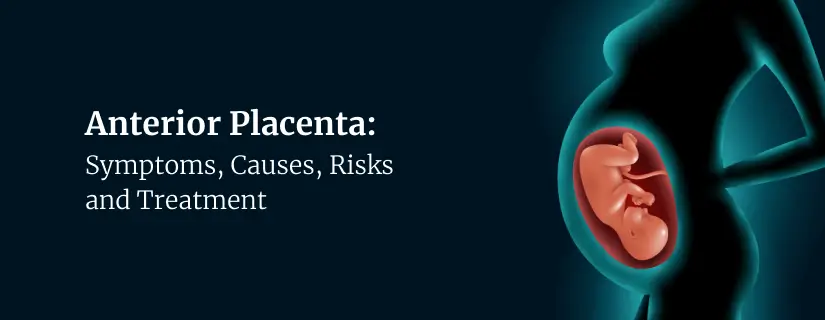
The placenta is a vital component of the pregnancy, acting as a lifeline between the mother and the developing baby. One specific condition that can occur is the anterior placenta, which refers to the positioning of the placenta on the front wall of the uterus. While this condition is generally harmless, it's essential to understand its implications, symptoms, and potential risks. In this blog, let's know the details of the anterior placenta, address common concerns, and provide information to help you navigate this aspect of your pregnancy journey.
What is an Anterior Placenta?
An anterior placenta is a medical condition in which the placenta attaches itself to the anterior or front wall of the uterus (womb), closer to the mother's abdomen. This positioning is different from the more common posterior placenta, where the placenta attaches to the back wall of the uterus. The placenta's location is determined during the early stages of pregnancy and can vary from one pregnancy to another.
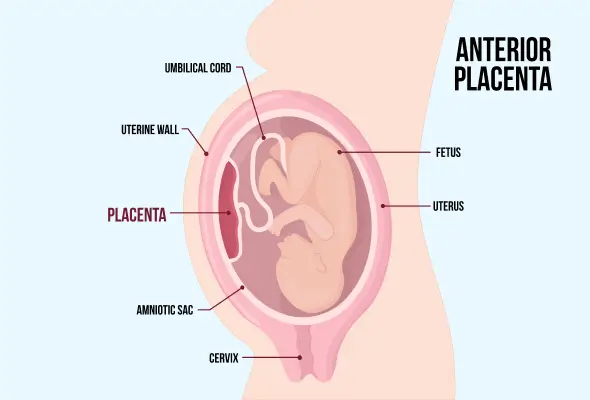
How common is an Anterior Placenta?
An anterior placenta is relatively common, affecting approximately 20-25% of all pregnancies. This condition is not considered a complication or a cause for immediate concern. However, it's necessary to be aware of its potential implications and to monitor the pregnancy closely with the guidance of a doctor.
Symptoms of an Anterior Placenta
In many cases, an anterior placenta does not present any noticeable symptoms. However, some women may experience the following:
- Delayed Foetal Movement: Because the placenta is between the baby and the mother's abdominal wall, it may take longer for the expectant mother to feel the baby's movements. This delay can occur because the placenta acts as a cushion, dampening the sensation of the baby's movements.
- Increased Discomfort: Some women report experiencing more discomfort or pressure in the lower abdomen, particularly as the pregnancy progresses and the baby grows.
- Difficulty Hearing the Foetal Heartbeat: During prenatal checkups, doctors may initially have trouble locating the foetal heartbeat due to the placenta's positioning between the baby and the mother's abdomen.
Causes of an Anterior Placenta
The exact cause of an anterior placenta is not well understood, but it is believed to be a random occurrence during the implantation process. Several factors may contribute to the placenta's positioning, including:
- Uterine Shape and Size: The shape and size of the uterus can influence the placenta's implantation site.
- Previous Pregnancies: Women with previous pregnancies may be more likely to have an anterior placenta due to changes in the uterine lining or scarring from earlier births.
- Maternal Age: Older mothers have been associated with a higher risk of an anterior placenta, but the reasons for this are unclear.
- Assisted Reproductive Technologies: Some studies suggest that pregnancies achieved through assisted reproductive technologies, such as in vitro fertilisation (IVF), may have a slightly higher risk of an anterior placenta.
Risks of Having an Anterior Placenta
There are no known benefits of the anterior placenta. It is a low-risk condition, but there are some potential risks and complications that expectant mothers should be aware of:
- Placenta Previa: In some cases, an anterior placenta may cause placenta previa (when the placenta covers the cervical opening either partially or entirely). This condition can increase the risk of bleeding during pregnancy and may require close monitoring or intervention.
- Difficulty Detecting Foetal Movements: As mentioned earlier, the placenta's positioning can make it harder for the mother to feel the baby's movements, which may require additional monitoring or testing to ensure the baby's well-being.
- Increased Risk of Cesarean Delivery: In some cases, an anterior placenta may increase the likelihood of cesarean delivery, mainly if the placenta is near the cervix or there are concerns about placenta previa.
- Potential for Bleeding: While rare, an anterior and low-lying placenta can cause an increased risk of bleeding during pregnancy or delivery, especially if there is placenta previa.
Diagnosis
An anterior placenta is typically diagnosed during routine prenatal ultrasound examinations. During these scans, the doctor can visualise the placenta's position and determine if it is located on the front wall of the uterus. In some cases, doctors may recommend additional imaging tests or monitoring to ensure the mother's and baby's health and well-being.
Treatment
In most cases, an anterior placenta does not require specific treatment. However, depending on the individual circumstances and any potential complications, doctors may recommend the following:
- Increased Monitoring: Doctors may recommend more frequent prenatal visits, ultrasounds, or foetal monitoring to monitor the baby's growth and well-being.
- Activity Modifications: In some cases, doctors may advise limiting certain activities or exercise to reduce the risk of complications, such as bleeding or placental abruption.
- Planned Cesarean Delivery: If there is an anterior low-lying placenta or if there are concerns about placenta previa, the gynaecologist may recommend a planned cesarean delivery to minimise the risk of complications during labour and delivery.
- Hospitalization: In cases of severe bleeding or other complications, hospitalisation may be necessary for close monitoring and appropriate treatment.
When to See a Doctor?
If you have been diagnosed with an anterior placenta, it's essential to maintain regular prenatal care and follow the recommendations of your doctor. However, there are certain situations where you should seek immediate medical attention, such as:
- Vaginal Bleeding: Vaginal bleeding during pregnancy should be reported to your doctor promptly, as it may indicate a potential complication.
- Severe Abdominal Pain: Persistent and severe pain in the abdomen can be a sign of placental abruption or other serious conditions and requires immediate medical evaluation.
- Decreased Foetal Movement: If you notice a significant decrease in your baby's movements, it's crucial to contact your doctor right away, as this could be a sign of foetal distress.
- Contractions or Labour Signs: If you experience regular contractions or other signs of labour before your due date, seek medical attention immediately, as an anterior placenta may require additional precautions during labour and delivery.
Conclusion
An anterior placenta is a common condition that occurs during pregnancy and is generally considered low-risk. While it may present some unique challenges, such as delayed foetal movement or increased discomfort, most women with an anterior placenta go on to have healthy pregnancies and deliveries. However, it's essential to maintain regular prenatal care, adhere to your doctor's recommendations, and be aware of this condition's potential risks and complications. By staying informed and proactive, you can navigate the challenges of an anterior placenta and focus on enjoying the exciting journey of pregnancy and welcoming your new bundle of joy into the world.
FAQs
1. Is it good to have an anterior placenta?
An anterior placenta is neither good nor bad; it's simply a variation in the placenta's positioning. While it may present some unique challenges, it is generally considered a low-risk condition, and most women with an anterior placenta have healthy pregnancies and deliveries.
2. Can an anterior placenta fix itself?
No, the placenta's position is determined early in pregnancy and does not change or "fix itself" as the pregnancy progresses. However, through proper prenatal care and monitoring, you can manage the potential risks and complications associated with an anterior placenta.
3. How can I reduce my chance of having an anterior placenta?
There is no known way to prevent or reduce the possibility of having an anterior placenta, as its occurrence is random. However, maintaining a healthy lifestyle, attending regular prenatal appointments, and following your doctor's recommendations can help ensure a healthy pregnancy and minimise potential complications.
4. Should I be worried about an anterior placenta?
While an anterior placenta requires closer monitoring and may present some unique challenges, it is generally not a cause for significant concern. Most women with an anterior placenta have healthy pregnancies and deliveries. However, following your doctor's guidance, attending all scheduled appointments, and reporting any concerning symptoms is essential.
ENQUIRY FORM
SELECT CATEGORIES
-
Neurosciences (16)
-
Neurology (37)
-
Neurosurgery (14)
-
Orthopaedics (48)
-
Oncology (33)
-
Obstetrics and gynecology (51)
-
Pulmonology (23)
-
Urology (20)
-
Nephrology (13)
-
Psychiatry (7)
-
Dietetics and Nutrition (111)
-
General Medicine (63)
-
Cardiac Sciences (30)
-
Vascular & Endovascular Surgery and Interventional Radiology (10)
-
Gastroenterology (46)
-
Endocrinology (23)
-
Plastic Surgery (10)
-
Critical Care Medicine (5)
-
COVID-19 (16)
-
Dermatology (16)
-
Emergency Care (1)
-
Ophthalmology (4)
-
Pediatrics (14)
-
Laparoscopic and Bariatric Surgery (8)
-
ENT (15)
-
Kidney Transplant (1)
-
Liver Transplantation and Hepatobiliary Surgery (5)
-
General Surgery (3)
-
Internal Medicine (5)
-
Medicine Information
Why Is My Period Late? 7 Reasons You Need to Know
10 Signs your Period is Coming: Symptoms & How to Tell
YOU MAY ALSO LIKE
RECENT BLOGS
-

Direct Anterior Approach in Total Hip Replacement: Advantages and Challenges
10 April 2025
Read More
-

Zinc Deficiency: Signs and Symptoms, Causes, Treatment
9 April 2025
Read More
-

Chest Pain When Coughing: Causes, Treatment and Home Remedies
9 April 2025
Read More
-

12 Health Benefits of Eating Mushrooms
8 April 2025
Read More
-

7 Health Benefits of Blood Donation You Should Know About
8 April 2025
Read More
-

Implantation Bleeding Vs Periods: Know the Difference
28 February 2025
Read More
-

Bloating During Ovulation: Symptoms, Causes and Remedies
28 February 2025
Read More
-

Itching During Dengue: Causes, Treatment and Home Remedies
18 February 2025
Read More
Have a Question?
If you cannot find answers to your queries, please fill out the enquiry form or call the number below. We will contact you shortly.


















